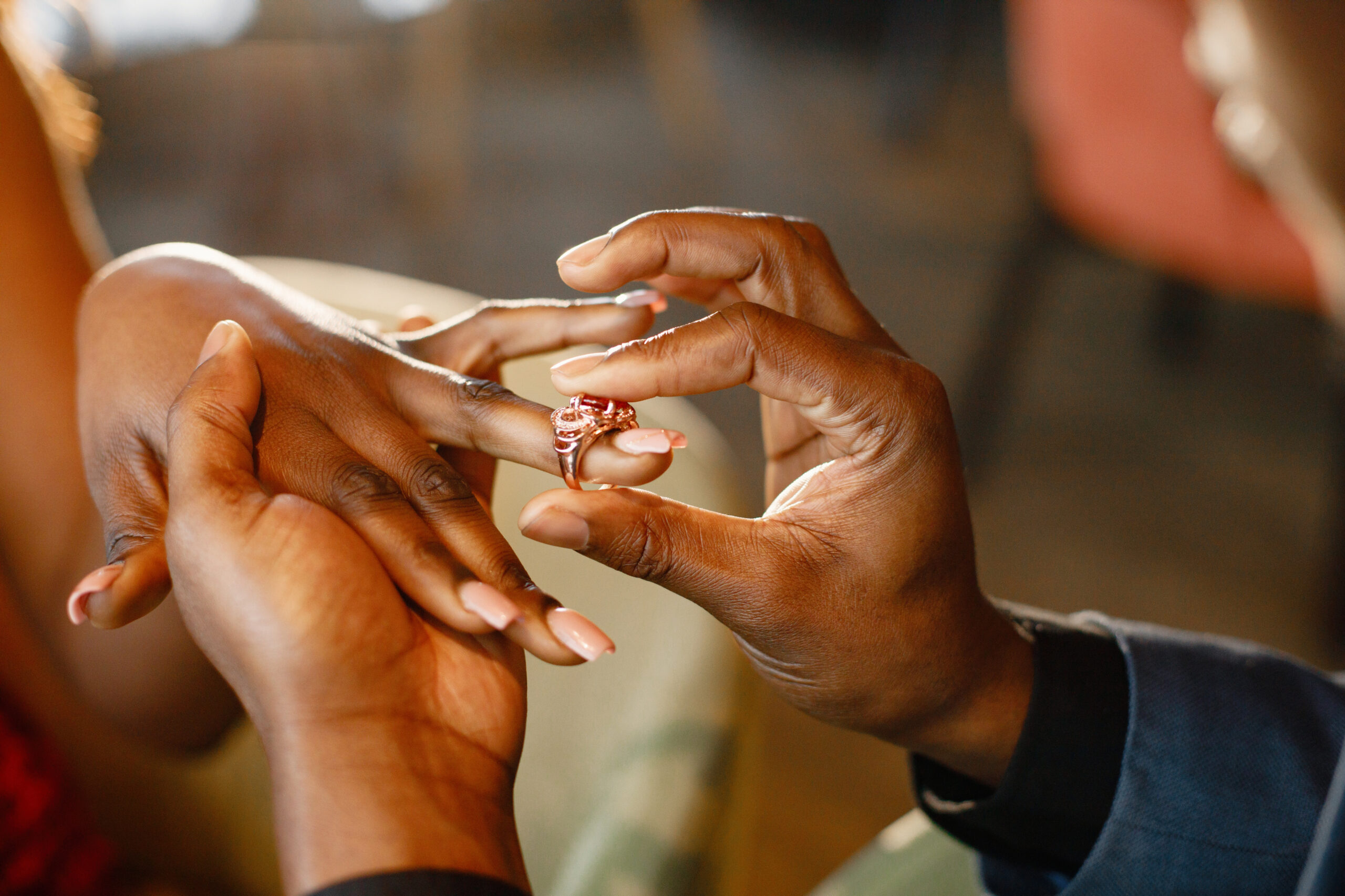The Supreme Court of Appeal (SCA) has once again clarified the requirements for proving a customary marriage in South Africa. In Tshivhase v Tshivhase N O and Another, the court stressed that an identity document cannot on its own validate a customary marriage. Instead, parties must produce proper evidence showing that the marriage was negotiated, celebrated, and registered in line with the Recognition of Customary Marriages Act 120 of 1998 (RCMA).
Background to the Case
The dispute arose after Ms Azwihangwisi Tshivhase (“Ms A Tshivhase”) applied to the Limpopo Division of the High Court in Thohoyandou to have the civil marriage between the late Mr Ndavheleseni Tshivhase and Ms Thimbiluni Tshivhase (“Ms T Tshivhase”) declared invalid. She also sought to have the couple’s joint will set aside.
Ms A Tshivhase’s claim was based on her alleged prior customary law marriage to the deceased. To prove this, she produced only a copy of a page from her Venda-issued identity document, reflecting the deceased’s name and a date she claimed was their marriage date.
The High Court accepted the document as prima facie evidence of the marriage, invalidated the civil union, and annulled the will. Importantly, the High Court also dismissed Ms T Tshivhase’s objection that the beneficiaries under the joint will had not been joined, without providing reasons. Ms T Tshivhase then appealed to the SCA.
Key Issues Before the SCA
The Supreme Court of Appeal had to decide:
- Whether Ms A Tshivhase had proved the existence of a valid customary marriage that rendered the civil marriage void; and
- Whether the High Court erred by setting aside the joint will without joining the beneficiaries, who stood to be directly affected.
Ms T Tshivhase argued that the identity document was not a valid marriage certificate under section 4(8) of the RCMA. The Act requires registration particulars and confirmation by a registering officer — none of which were present. Further, Ms A Tshivhase failed to submit additional proof such as a lobola letter, testimony from family or community members, or affidavits from witnesses to the alleged customary marriage ceremony.
Reliance on Precedent
The SCA referred to its earlier decision in Manwadu v Manwadu and Others, which involved a similar attempt to rely solely on an identity document to prove a customary marriage. In that case, the court held that when the existence of a marriage is disputed, the party relying on it must provide additional evidence to prove that all customary law requirements were followed.
This includes showing that:
- Lobola negotiations and marriage rituals were conducted in line with tradition;
- Both parties were over the age of 18; and
- The marriage was registered if the officer was satisfied it complied with the RCMA.
In Tshivhase, Ms A Tshivhase did not meet these requirements.
The SCA’s Findings
The court ruled that a copy of an identity document is not a marriage certificate and cannot serve as proof of a customary law marriage. Without independent corroborating evidence, Ms A Tshivhase had not established that a valid customary marriage existed.
On the non-joinder issue, the SCA noted that setting aside the joint will would automatically result in the estate devolving under intestate succession. This meant the beneficiaries under the will had a direct and substantial interest in the proceedings and should have been joined.
Final Outcome
The SCA upheld the appeal, overturned the High Court’s decision, and confirmed that customary marriages in South Africa must be proved with more than an ID document. The case serves as a reminder that compliance with both traditional practices and statutory requirements under the RCMA is essential when the validity of a customary marriage is disputed.
For practitioners and families alike, this judgment underscores the importance of proper registration and documentary proof of customary marriages to avoid costly litigation.






